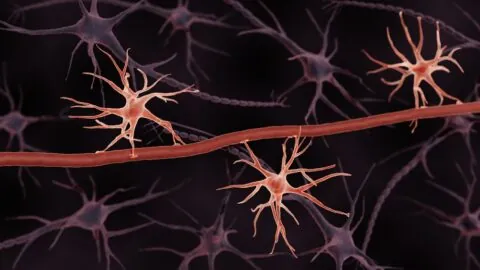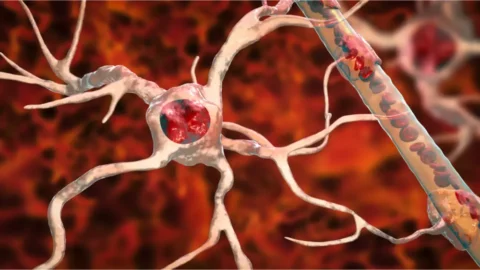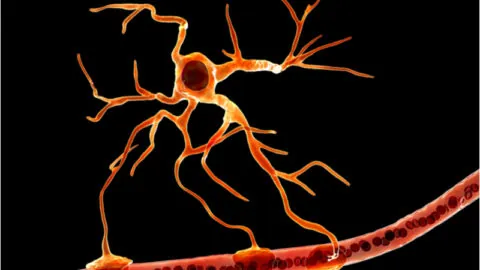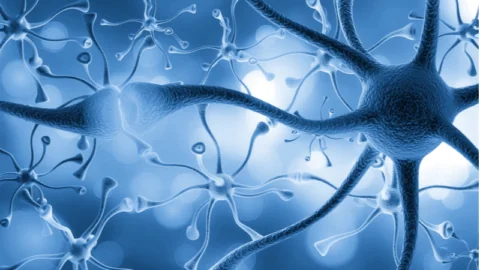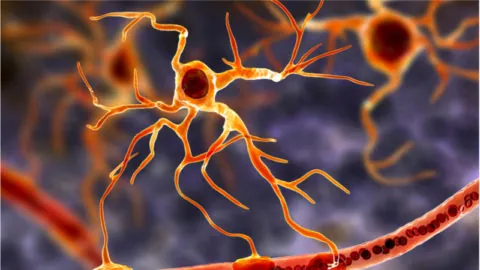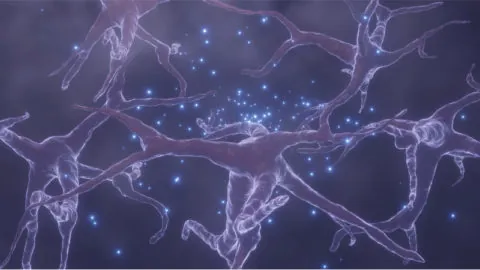March 21, 2024
In an in-depth paper in Nature, researchers have explained how astrocytes, helper cells that provide crucial brain functions, epigenetically remember things in a way that encourages inflammation. Traumatized cells Long-lived immune cells, including T cells and B cells, can remember foreign pathogens [1]. This is why people can become immune to diseases after catching them...
May 17, 2023
Publishing in Aging, a team of Chilean researchers has described a relationship between gene shifts in the brain and neurons not getting the energy they need. Greedy glia BrainThe brain is perhaps the most important organ in the body. While many organs are critical to our survival, the brain contains the self. It is responsible...
July 06, 2022
A new study published in Stem Cell Research and Therapy has shown that rejuvenating the astrocyte niche in the aged brains of mice leads to improved nervous system function at both the cellular and organismal levels [1]. A glia-centric approach In brain aging, neurons are quite literally only half of the story; the other half...
October 22, 2021
Researchers have identified an important mechanism of neurodegeneration that may be useful in treating age-related diseases such as Alzheimer’s and dementia [1]. These neurons must die Age-related neurodegenerative diseases, including Parkinson’s and Alzheimer’s, have become more prevalent mostly because of the successes of modern medicine. Today, more people become old enough to fall prey to...
August 06, 2020
A new study published in Cell Stem Cell has shown how astrocytes, glial cells that perform multiple critical functions in the brain, can become neural stem cells (NSCs) in response to injury. Astrocytes' normal functions The term 'astrocyte', meaning star-shaped cell, refers to a very heterogenous population of cells that perform maintenance, management and constructive...
July 03, 2020
Researchers have found that blocking the activity of a single gene causes other cell types to become dopamine-producing neurons, a type of neuron that Parkinson’s disease destroys. What is Parkinson's disease? Parkinson's disease is a progressive, age-related, neurodegenerative disease that mainly affects the motor system and thus movement. Symptoms start gradually; sometimes it begins with...

